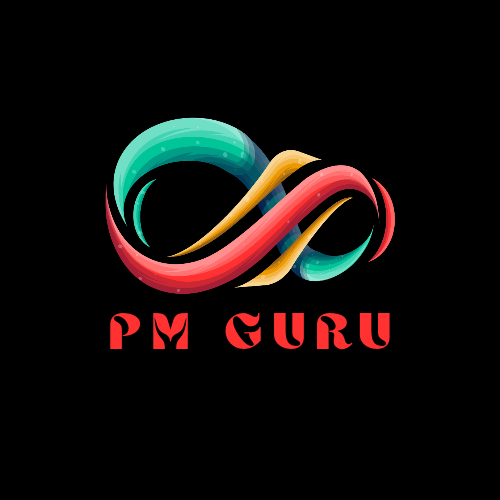Understanding the Basics of Product Management in the IT Industry
Introduction to Product Management
Product management is a multifaceted discipline that involves the strategic oversight and direction of a product from conception to launch and beyond. In the IT industry, product management is critical due to the rapid pace of technological advancements and the high demand for innovative solutions. A product manager in the IT sector is responsible for guiding the product through its lifecycle, ensuring that it meets market needs and achieves business objectives.
The key roles and responsibilities of an IT product manager include conducting market research, defining product vision, and creating a product roadmap. They must collaborate with cross-functional teams such as engineering, marketing, and sales to ensure the product’s success. Essential skills for a product manager in the IT industry encompass strong analytical abilities, effective communication, and a keen understanding of technology trends. Qualifications often include a background in computer science or engineering, coupled with experience in product management or a related field.
The lifecycle of product management in the IT industry follows several stages. It begins with ideation, where potential product ideas are generated and evaluated. This is followed by the definition phase, where the product’s scope, features, and specifications are outlined. Development is the next stage, involving the actual creation of the product. Once the product is built, it moves to the testing phase to ensure functionality and quality. Upon successful testing, the product is launched into the market. Post-launch, the product manager continues to monitor performance, gather user feedback, and implement necessary improvements.
While product management principles are similar across industries, the IT sector presents unique challenges and opportunities. The rapid evolution of technology requires IT product managers to be adaptable and forward-thinking. The complexity of software and digital products demands a deep understanding of technical aspects and user experience. Additionally, the competitive nature of the IT market necessitates continuous innovation and differentiation. These factors make product management in the IT industry both demanding and rewarding, offering a dynamic environment for those adept at navigating its intricacies.
Key Processes and Best Practices in IT Product Management
In the IT industry, effective product management revolves around a set of well-defined processes and best practices that ensure the successful delivery of high-quality products. Central to this is the importance of market research and user feedback. These elements are crucial in shaping a robust product strategy. Conducting thorough market research helps identify market needs, competitive landscapes, and emerging trends. User feedback, on the other hand, provides insights into customer preferences, pain points, and satisfaction levels. Together, these inputs inform the strategic direction and priorities for product development.
Creating a product roadmap is another key process in IT product management. This involves setting clear, actionable goals that align with the overall business objectives. Prioritizing features based on their potential impact and feasibility is critical to ensure that development efforts are focused on what matters most. Managing timelines effectively is also essential, as it helps in maintaining a steady progression towards product milestones and launch dates. A well-crafted roadmap acts as a guiding document that aligns the team’s efforts and keeps stakeholders informed.
The agile methodology is particularly relevant to product management in the IT sector. Agile promotes flexibility, iterative development, and continuous improvement, which are vital in an industry characterized by rapid technological advancements and changing customer needs. Implementing agile practices, such as sprints, daily stand-ups, and retrospectives, enables product teams to adapt quickly, deliver incremental value, and continuously refine their products based on real-time feedback.
Collaboration and communication with cross-functional teams, including development, marketing, and sales, are indispensable for IT product managers. These interactions ensure that all aspects of the product, from technical feasibility to market positioning, are coherently addressed. Fostering an environment of open communication and teamwork helps in preemptively identifying and mitigating potential issues, thereby enhancing product quality and delivery.
Measuring product success through key performance indicators (KPIs) and metrics is fundamental to understanding how well a product meets its objectives. Metrics such as user engagement, customer satisfaction, and revenue growth provide quantitative data that inform decisions on product improvements. An iterative approach, where products are continuously refined based on data and user feedback, ensures that the product evolves to meet user needs and market demands effectively.




